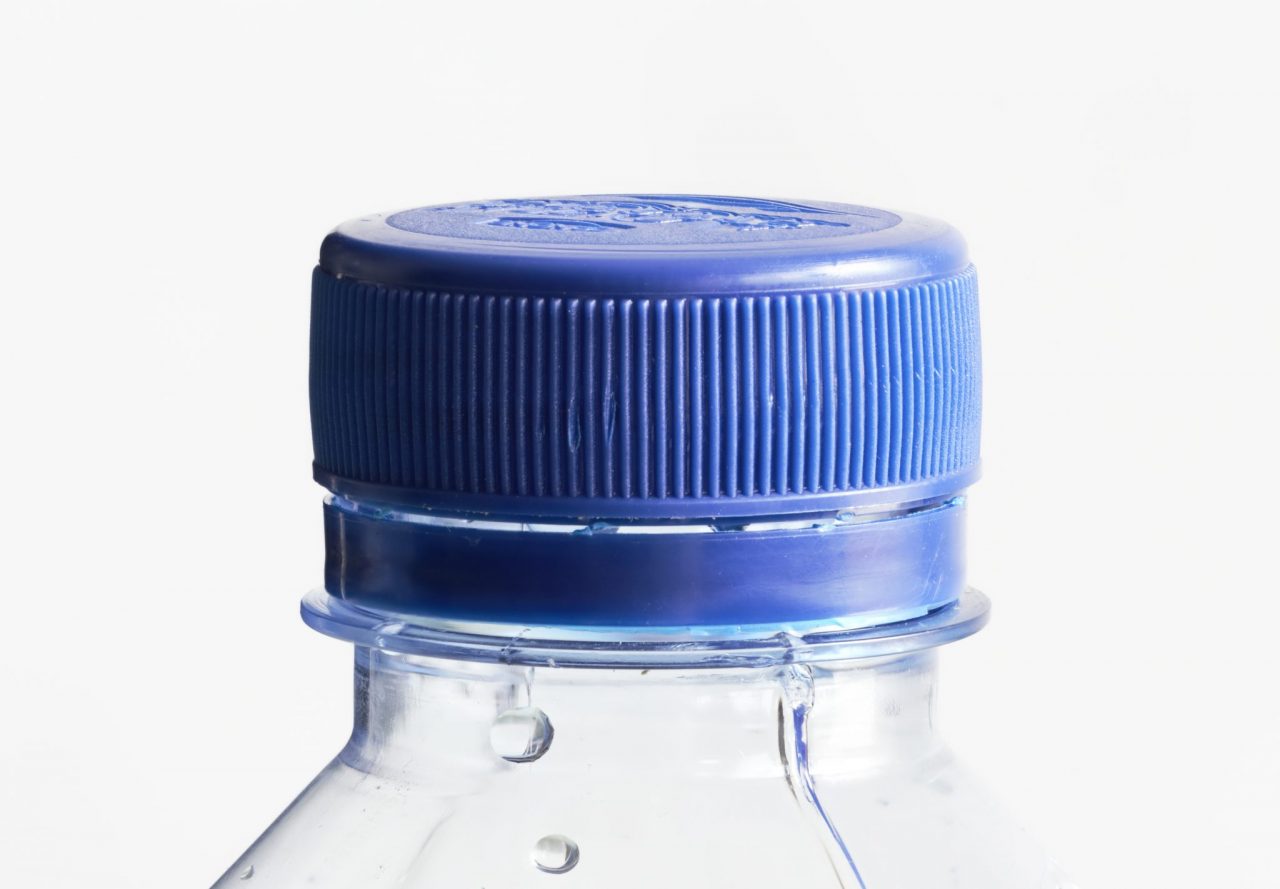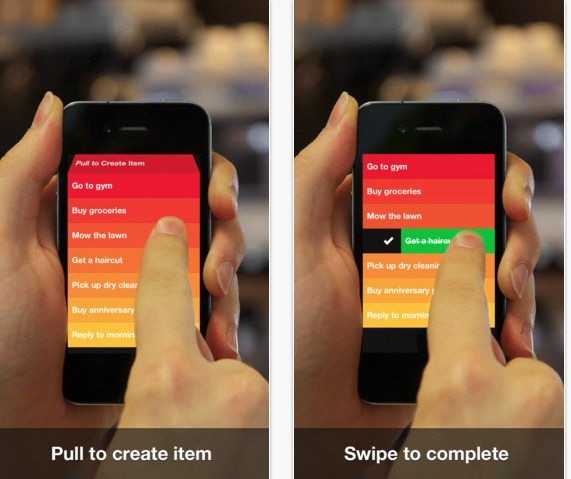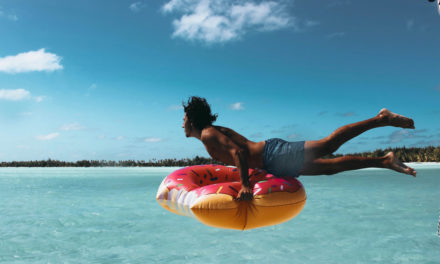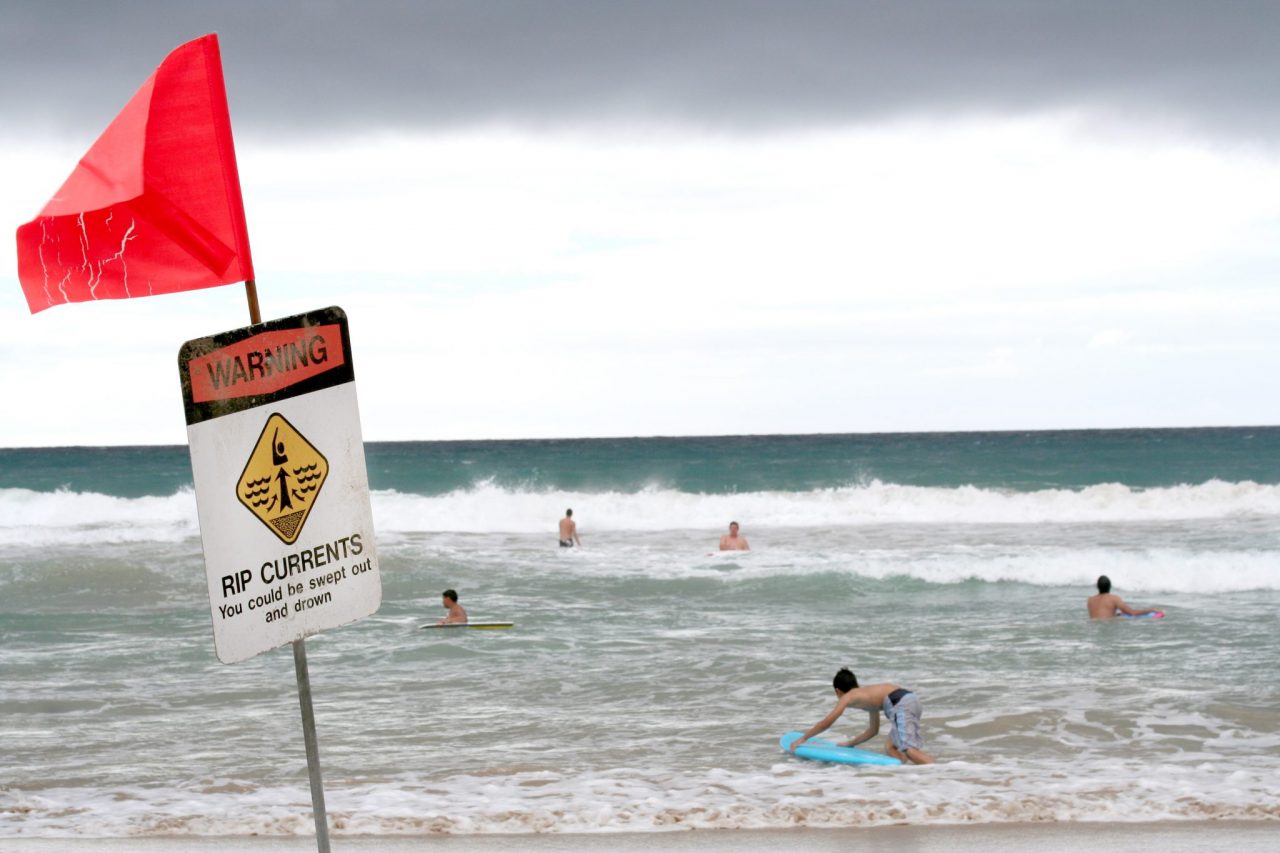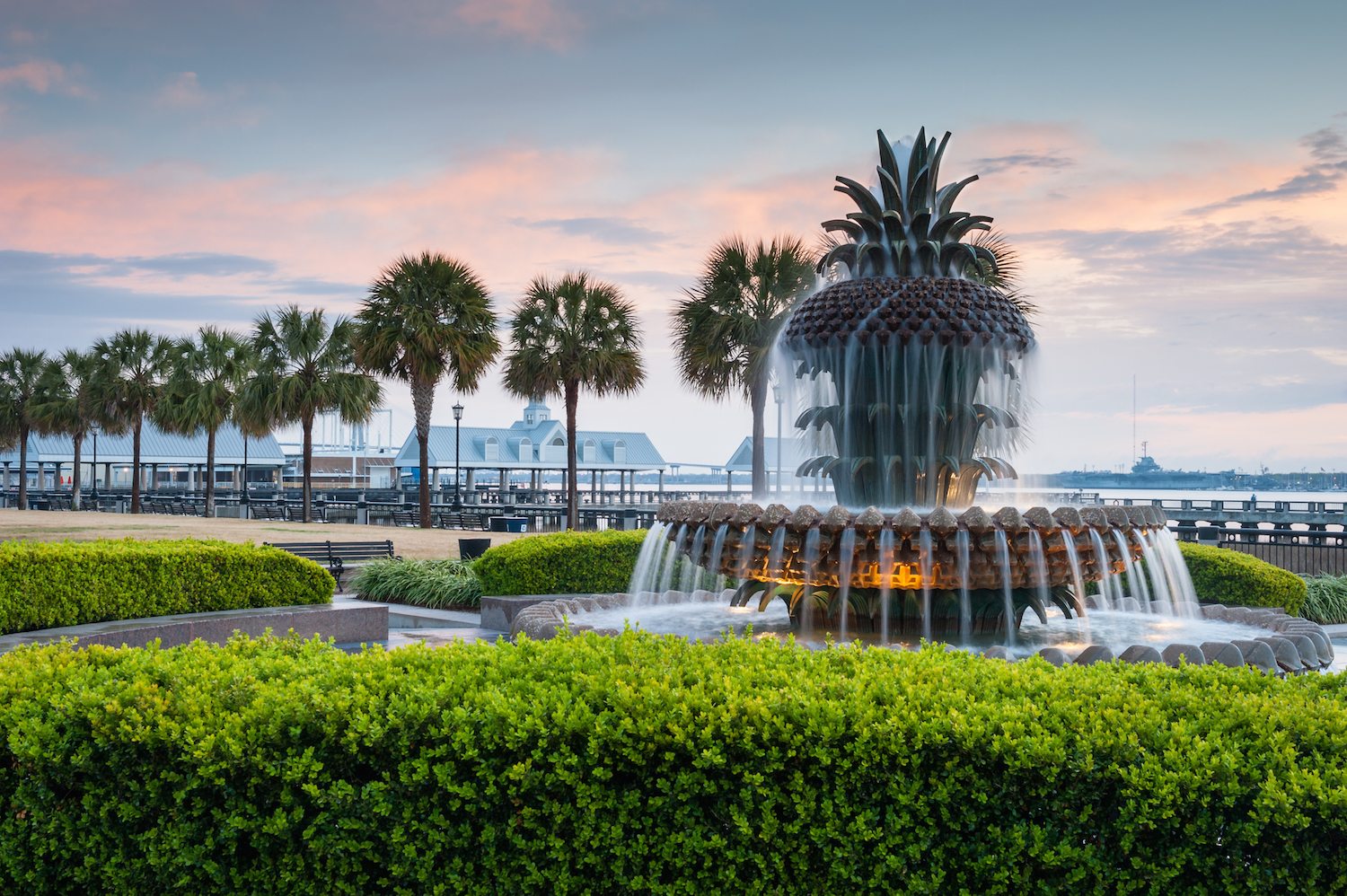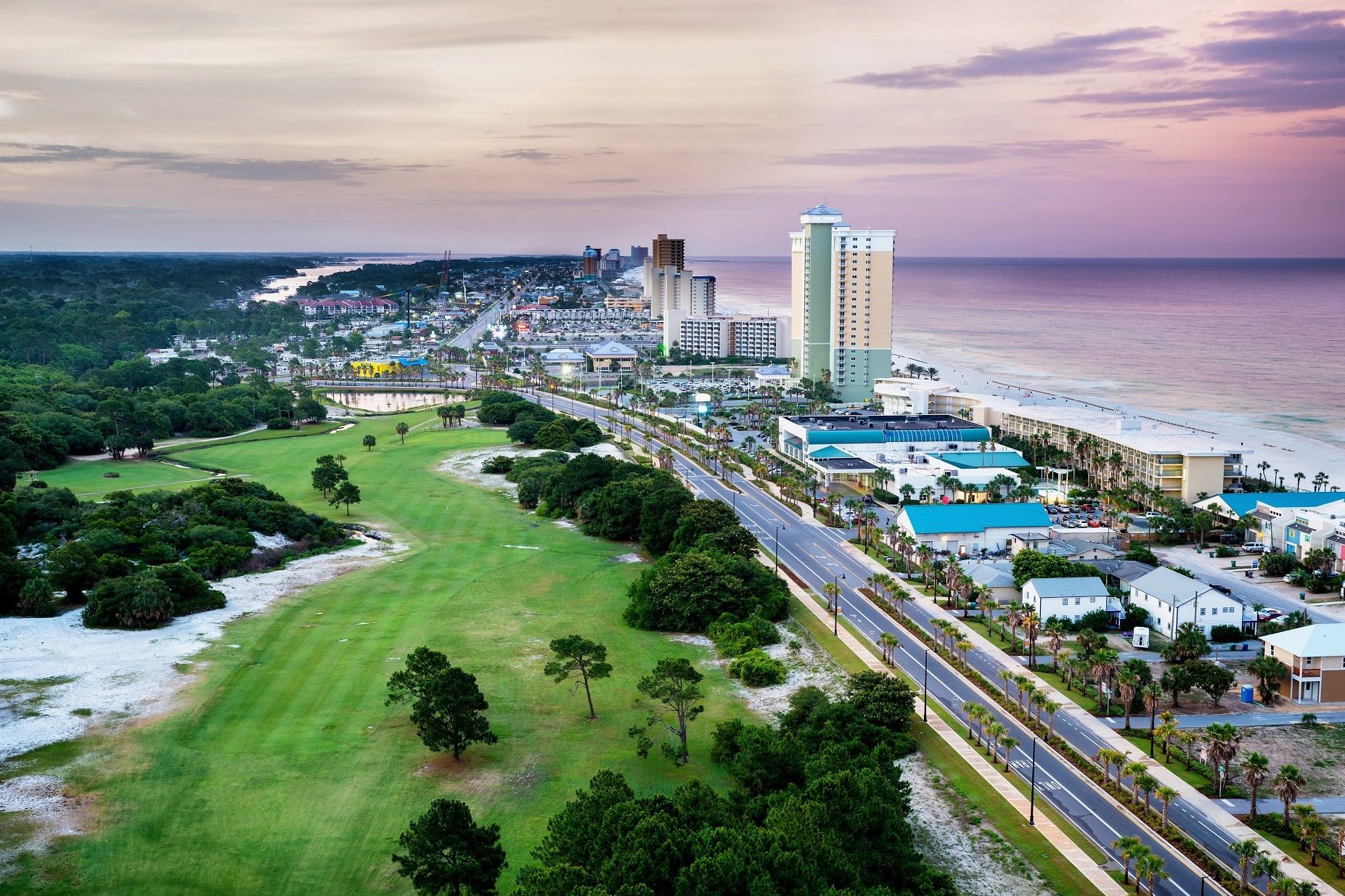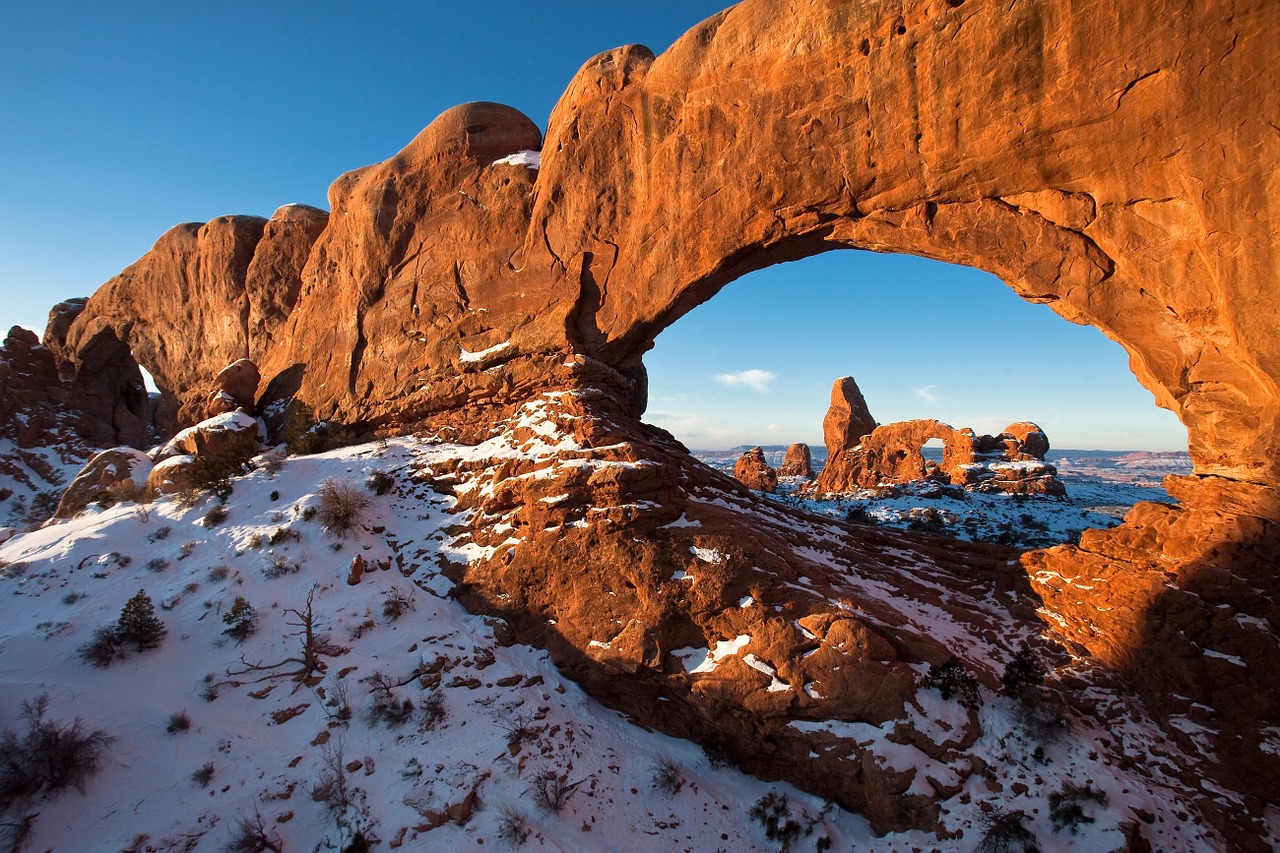Why is Hydration so Important?
Many adults only think of hydration in terms of exercise. However, did you know that water also functions to help digest food, transports oxygen and nutrients through the blood to your cells, and lubricates and cushions your joints, organs, and tissues? It’s especially important for those with health conditions such as diabetes and heart disease to drink up – being hydrated helps your heart to not have to work so hard to pump blood.
What is Dehydration?
Dehydration occurs when you’ve had fluid loss of just 1% of your body weight. A basic rule of thumb is that if you’re thirsty, that means you’re already dehydrated. This is especially important in the summer, whether you’re going to be working out at the gym or just spending a lot of time outside (don’t forget the sunscreen!). Before activities where you’ll be sweating a lot, weigh yourself before and after. For every pound of sweat you lose, you need to drink 2 cups of water to replenish it!
How Do I Stay Hydrated?
For most adults, your goal should be to drink 64 ounces of water a day, though this varies based on gender, age, weight, health and many other factors, so consult with your doctor. If you find it hard to keep track, try a reusable bottle such as the Thermos Intake Hydration Bottle (pictured) which includes a rotating meter, or use an app like Waterlogged.
Stick with Water
For most people, water is all you need for hydration. Despite what commercials may have you think, unless you’re a professional athlete or engaging in an intensive training exercise for over an hour or in environmental extremes, you shouldn’t need a sports drink to rehydrate.
Having water before, during, and after your workout combined with post-workout snacks such as an orange, banana, or a handful of nuts will be enough to keep you hydrated. The energy you get from sports drinks is due to sugar – enough sugar in one serving to make up 6% of your daily carbohydrate intake! Plus, sports drinks can be just as bad for your teeth as soda and other sugary drinks. For most adults, water is best.
Up Your Intake
While 6-8 cups a day should be your hydration goal year-round, keep in mind when you’re traveling to new climates that you may need to adjust. If you’ll be spending more time outside than usual, visiting a higher elevation or a warmer climate, you could sweat differently than at home. Drink a couple of glasses in the morning before you go outside, snack on fruits and veggies, and try to swap your coffee for tea once in a while.
Do you have a favorite water bottle, app, or habit to help you to drink up? Let us know about it on Twitter or Facebook!
Article by Amber Wojcek

